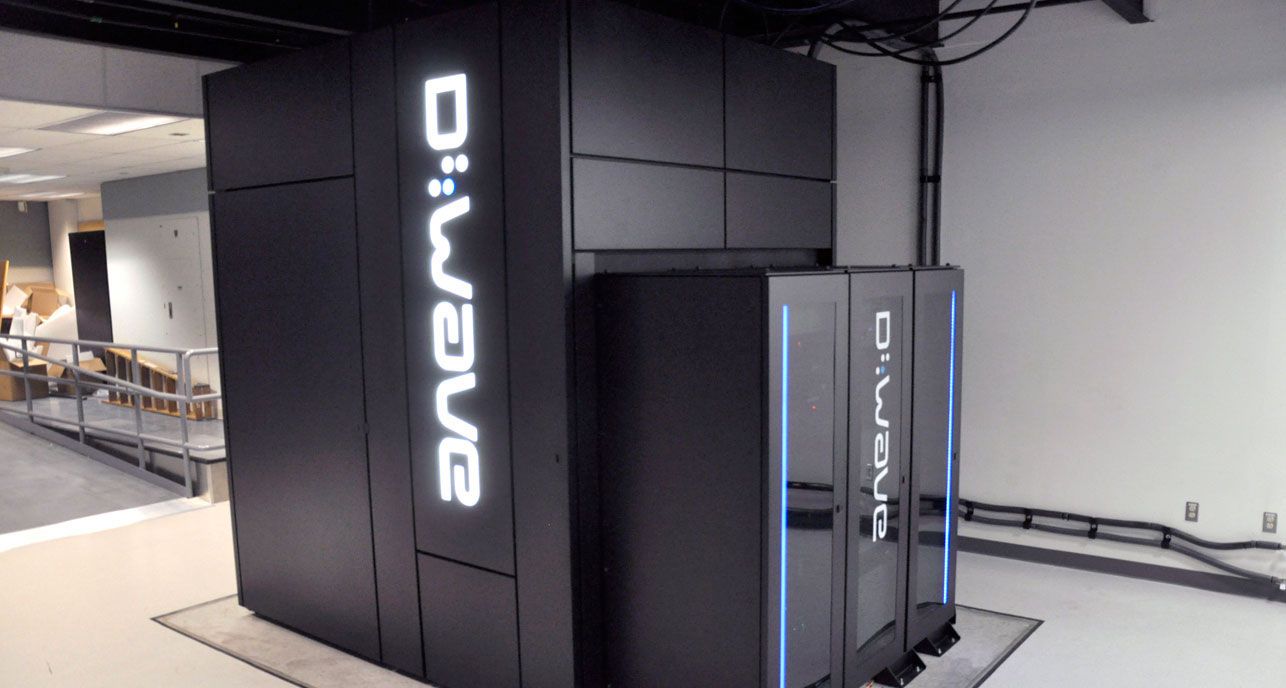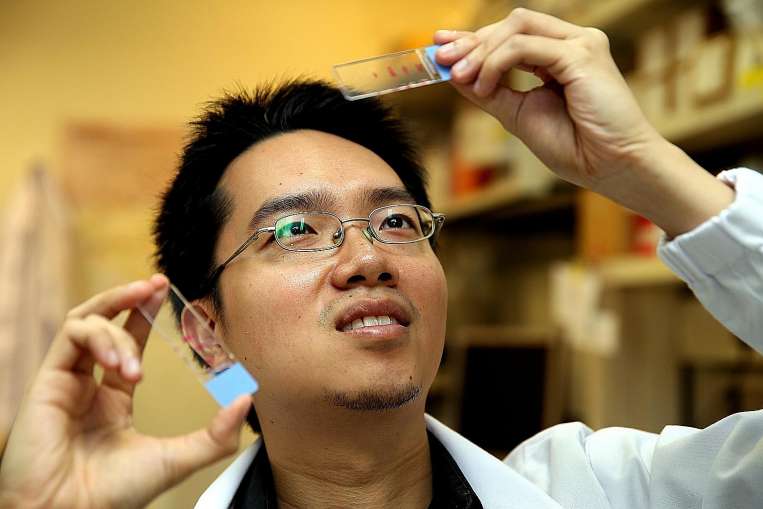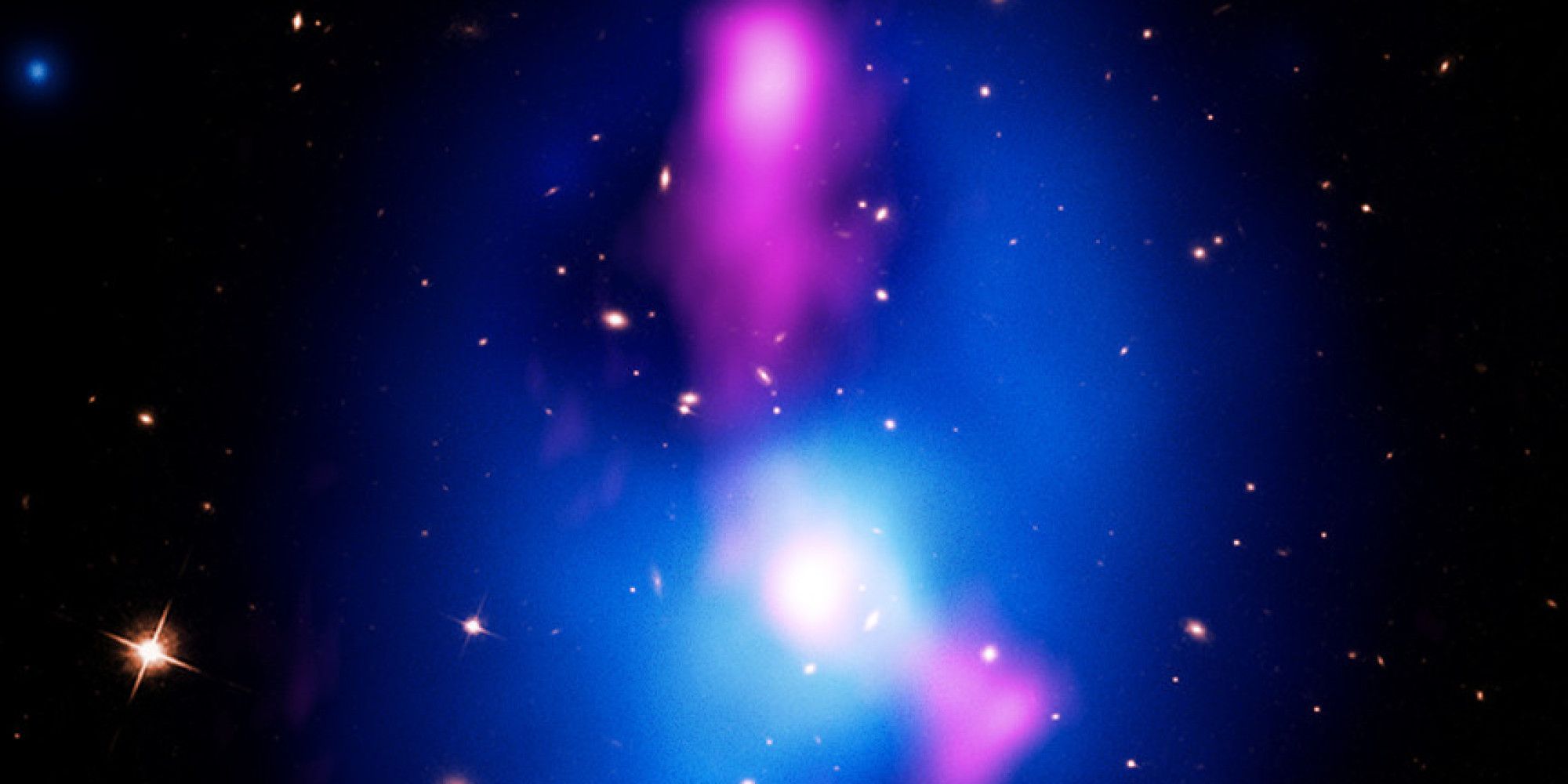Meet Amun 3554. Doesn’t look like much, right? Little more than a mile wide, it’s one of the smallest M-class (metal-bearing) asteroids yet discovered. Unless it ever decides to smash into us — a theoretical possibility, but extremely unlikely over the next few centuries — it will continue orbiting the sun, unknown and unmolested.
That is, unless Planetary Resources has its way. Planetary Resources is the asteroid-mining company launched Tuesday in Seattle, with backing from Microsoft and Google billionaires, along with the equally prominent James Cameron and Ross Perot Jr.
Its object is to completely dismember poor little rocks like Amun.








